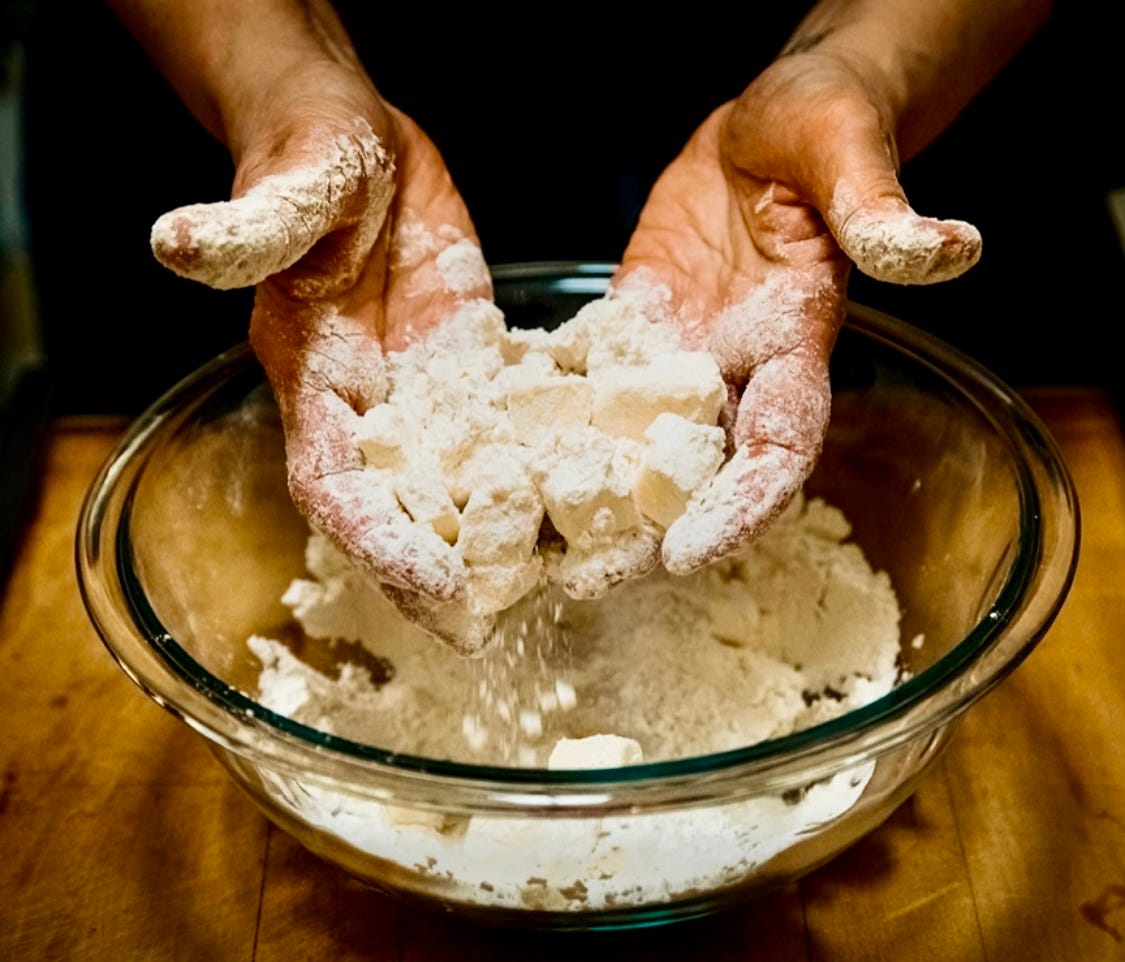
Over the past week I thought about and re-read an interview author Elizabeth Gilbert did for The Atlantic close to a decade ago. In it, she pays homage to the late poet Jack Gilbert (no relation to Ms. Gilbert) and credits a poem of his for having a profound impact on her life.
The poem opens with the words,
“Sorrow everywhere.”
But midway through the poem, “A Brief for the Defense” the poet says,
“We must risk delight. We can do without pleasure,
but not delight. Not enjoyment.
We must have the stubbornness to accept our gladness in
the ruthless
furnace of this world.”
—Jack Gilbert
I’ve felt the heat of “the ruthless furnace of this world” so often lately. Maybe you have, too. Sometimes the terrible news and reports of mayhem are far away; other times they are uncomfortably close to home. Everything can feel unmoored, shifting back and forth between sadness and rage, a sort of emotional vertigo. We champion causes, donate to organizations, do what we can, as all the while the furnace continues to roar.
But Elizabeth Gilbert writes this about the call to gladness in the poem:
“When it comes to developing a worldview, we tend to face this false division: Either you are a realist who says everything is terrible, or a naïve optimist who says the world is wonderful and turns a blind eye. (Jack) Gilbert takes the middle way, and I think it’s a far better way: he says the world is terrible and wonderful, and your obligation is to joy. That’s why the poem is called “A Brief for the Defense” — it’s defending joy.”
— Elizabeth Gilbert, 2013
One of the surest ways I know to snap myself back from these days of disequilibrium is by putting my hands in a bowl of flour and making something.
I get out of my head and into my hands. Measuring ingredients, setting up equipment, feeling the flour — it’s both a distraction and an exercise in concentration, and having music on in the background bolsters both.
I’m creating something hopefully others will enjoy — I will, too — and I’m enjoying doing it. And if whatever I’m making turns out well, it may even spark something like delight, both for me and the recipients. And I love to photograph what I’ve made and share it here.
All of this is an end unto itself, but also a propellant to press on with the business of living.
It can be a tall order on some of the bleaker days to get started with anything. So I take inspiration from Jack Gilbert’s poem, again with encouragement from Elizabeth Gilbert:
“This is exactly what I want to strive to be—a person who holds on to ‘stubborn gladness’ even when we dwell in darkness.” —EG
I hope whatever it is that brings light to your day, even for a moment, finds its way to you this week.
I’ve linked to the complete poem and The Atlantic article below, along with other links relating to some final thoughts at the end of this post.
How Elizabeth Gilbert became aware of Jack Gilbert’s writing is the story of a wonderful coincidence and I hope you’ll have a chance to read the complete article.
And now, the “gladness” part.
Pound Cake with Fresh Peaches & Whipped Cream
This cake is the most requested recipe from Reily Foods/Swans Down Cake Flour © and with good reason.
It’s buttery, tender, has a gorgeous crisp crust and the flavor of almond extract in the recipe comes through and goes well with the peaches. It’s called the 1-2-3-4 cake and it’s both basic and special. I’ve garnished with fresh lavender from the farmer’s market. If you want to crush a bit and sprinkle over the peaches it’s really nice — but a little goes a long way, so just a tiny bit — it’s a pretty garnish and smells lovely when you bring the dessert plates to the table.
Pound cake had been around in Europe since the 1700’s and the first recipe for it appeared in the U.S. in the cookbook American Cookery by Amelia Simmons in 1795. If you’d like to know more about this classic cake, click here for a wonderful article in Smithsonian Magazine.
Note: my cake was ‘very’ done in an hour (recipe says hour and 15) so next time I’ll start checking it at 50 minutes. I think 55 minutes would be perfect in my oven, but yours may take the full time.
Note: the peaches were so sweet and juicy I just sliced them, no additional sugar. Same goes for the cream - just lightly whipped, no added sugar.
Here is the pound cake recipe link.
Click: Recipe
Music to Bake By: Eat a Peach, The Allman Brothers Band, 1972
This is one of my favorite albums (and album covers) of all time. I started college the year it was released, so I’m sentimental about it.
It’s great music to bake by, and I was, after all, making a dessert with peaches.
Eat a Peach got its name because Duane Allman, when asked by a reporter what he was doing to help the counter-culture revolution answered:
“…every time I’m in Georgia, I eat a peach for peace.” — Duane Allman, 1971
He died tragically in a motorcycle accident the same year and before the release of the album. But he and his astounding guitar genius appear on many of the already completed tracks, along with live performances from the band’s career-making appearance (and later album) At Filmore East in 1971.
His band mate, drummer Butch Trucks, remembered the interview. He recalled that Allman had been reading T.S. Eliot’s poem “The Love Song of J. Alfred Prufrock” before he died and Trucks felt he likely pulled the words “eat a peach” from the poem.
The band named the album Eat a Peach as a tribute to Duane.
There have been many thousands of words written interpreting Eliot’s exquisite poem and its meaning. But since we’ve been talking about daring to allow gladness in, even when your heart is breaking, I’ll let the poet have the last word.
“Do I dare to eat a peach?”
—T.S. Eliot
Take care, everyone.
Jolene
Links/Sources:
Article: Fassler, Joe. “The ‘Stubborn Gladness’ of Elizabeth Gilbert’s Favorite Poet.” TheAtlantic.com, November 6, 2013. Click Here
Poem: “A Brief for the Defense’ by Jack Gilbert. Click Here
Poem: “The Love Song of J. Alfred Prufrock” by T.S. Eliot. Click Here
Article: Sivewright, Dacey Orr. “Eat a Peach for Peace.” GardenandGun.com, February 16, 2017. Click Here




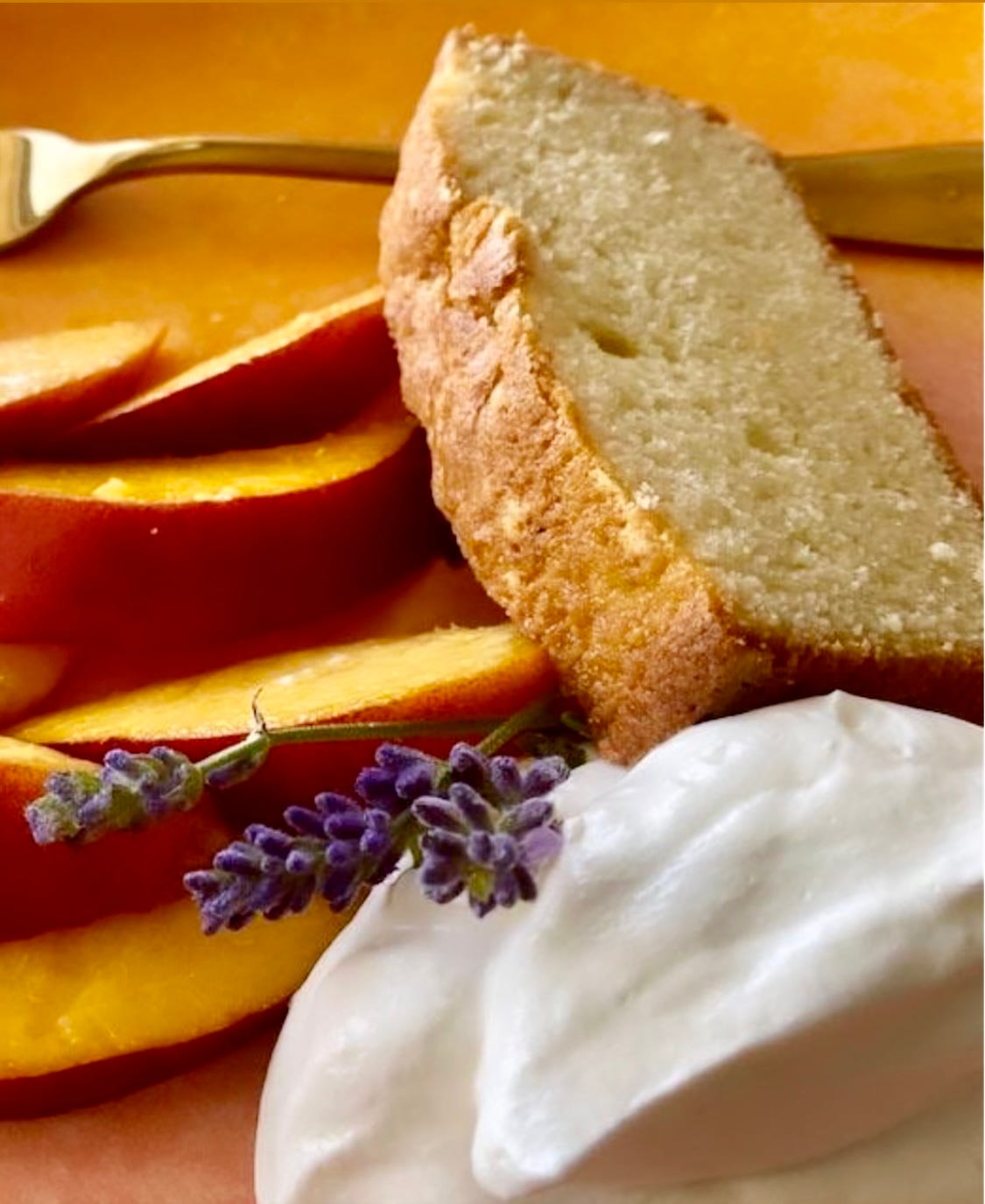
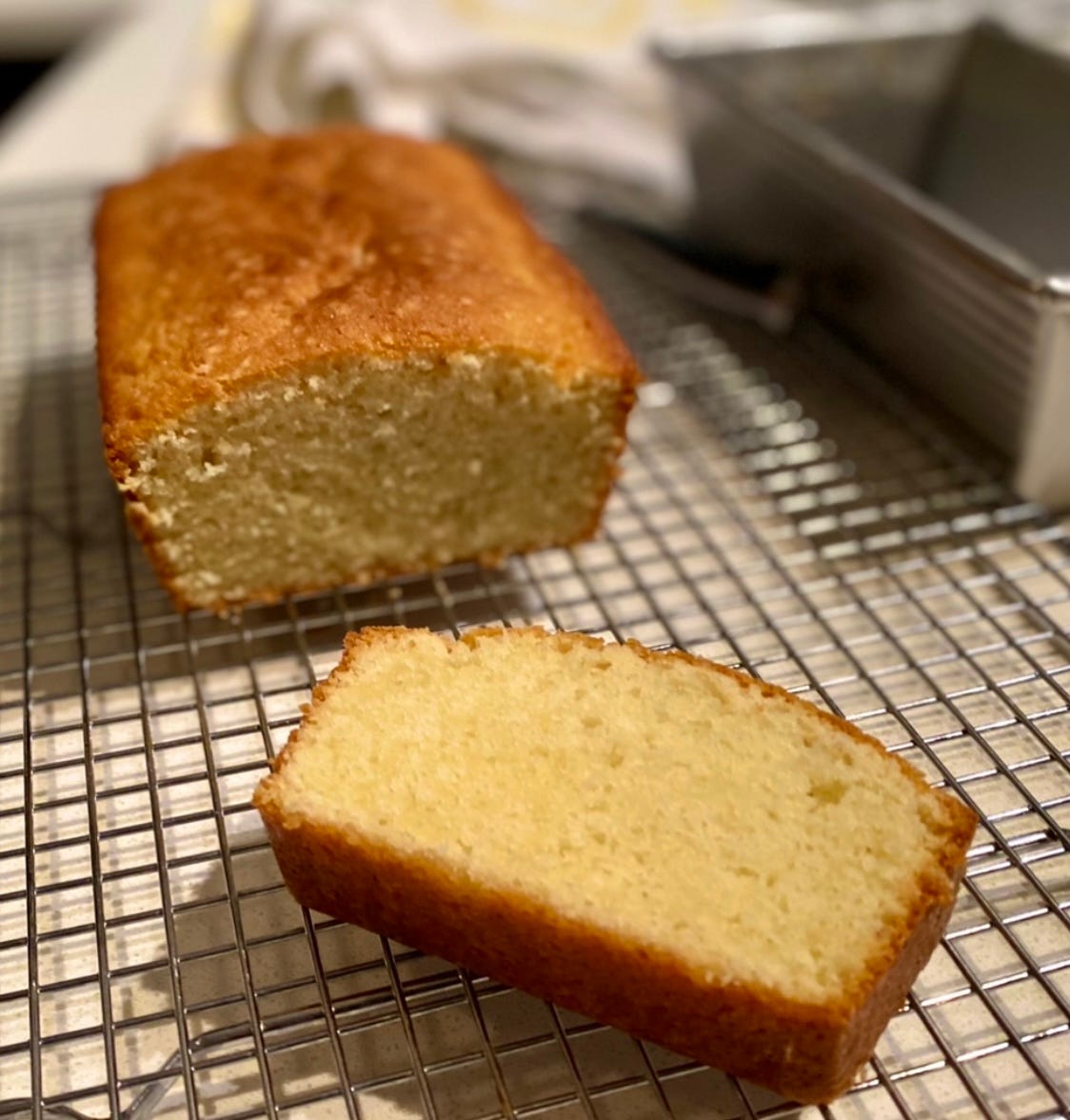
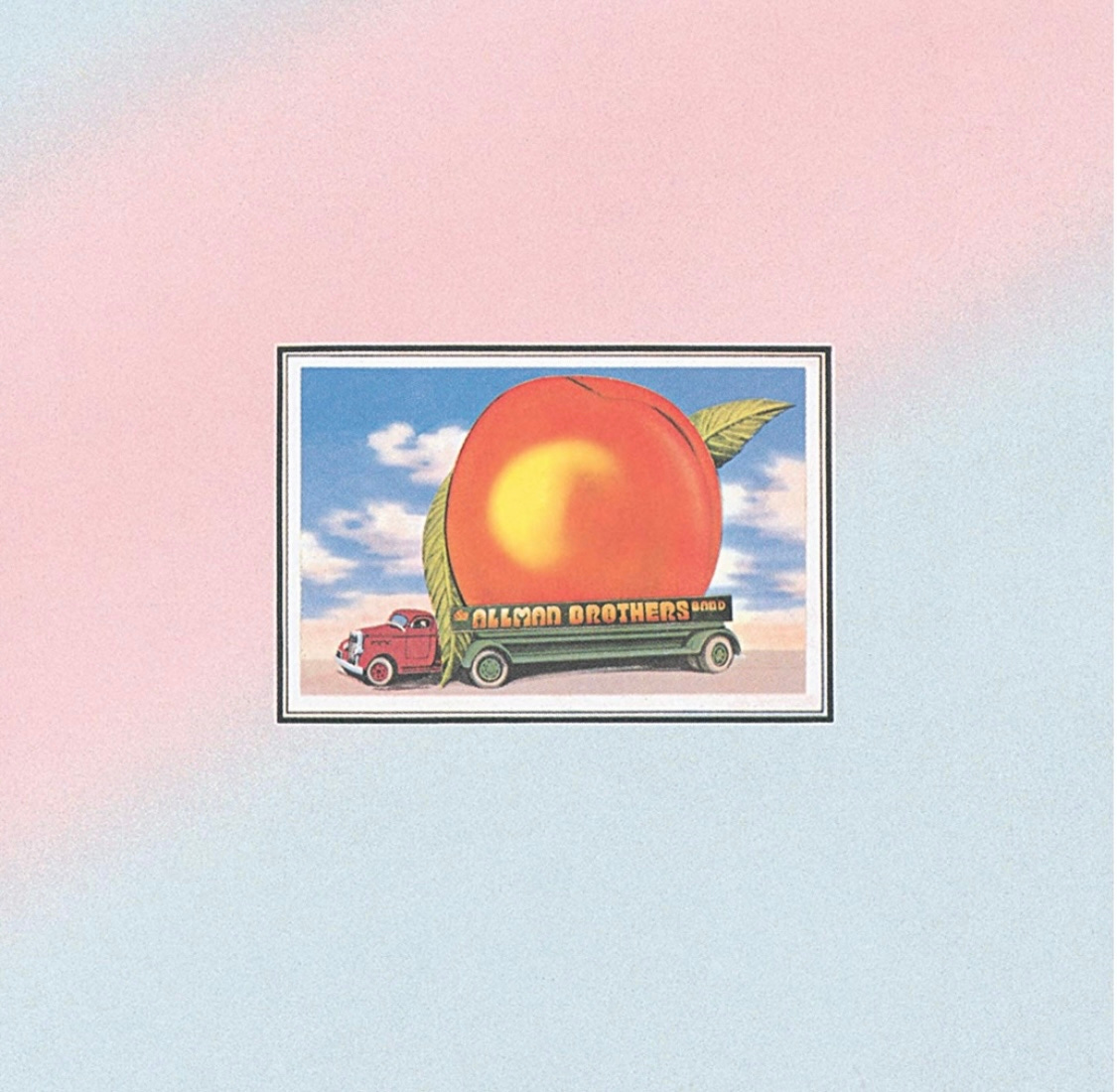
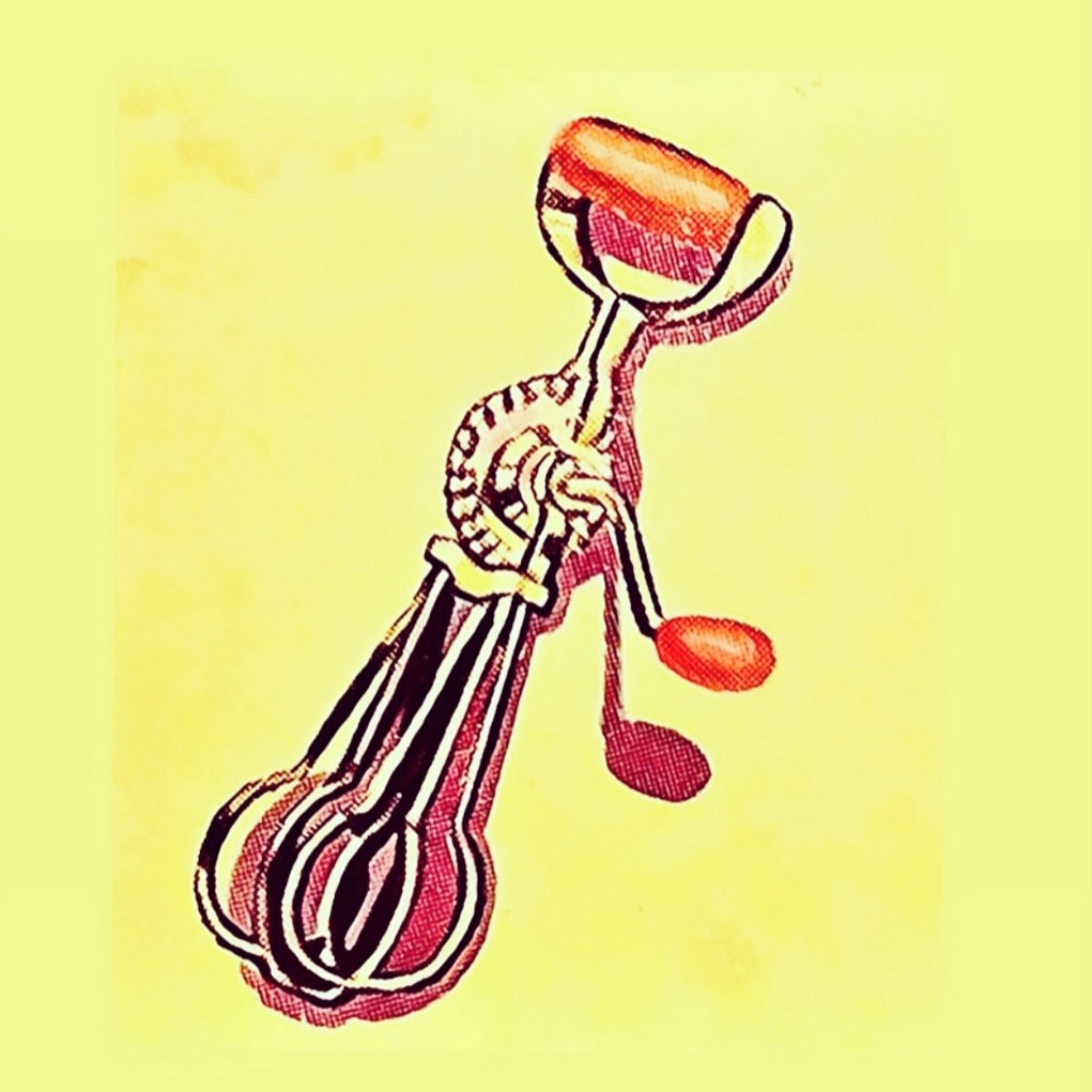
The opener to this is so wonderful, and I entirely agree, even though I don't use flour to do it.
I also find solace in looking at the past. There is never a time in history when things weren't challenging, and many times when they were more than a little existentially nerve-wracking. But things moved forward regardless, not around the mess, but through it, acknowledging and working with it. We untangle enough to keep going. That's what we do.
I'm sure there's some clever analogy here to do with how every dish is a mess of ingredients at some point, but it's late at night and my brain's not up to it. ;)
Well, this made me cry.